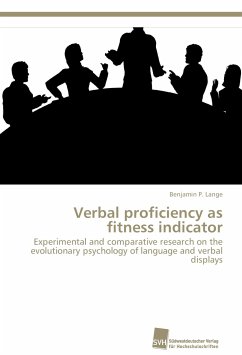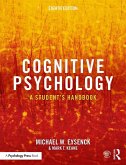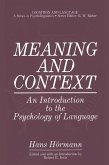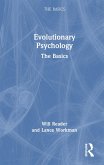Recent research on the evolution of language indicated that language serves as a sexually-selected fitness indicator that is an adaptation showing an individual's suitability for being a reproductive mate. This should especially be the case for male individuals due to past sex-different selection pressures causing women to be more demanding in mate choice on average than men. There was some indirect evidence for this position: Many linguistic traits are highly heritable, while naturally-selected traits (i.e., those which do not mainly serve reproductive purposes) are only marginally heritable. Men are more prone to verbal displays than women, who in turn judge the displays. Verbal proficiency universally raises especially male status. Most literature is produced by men at reproduction-relevant age, while the consumers of literature are mostly female. However, neither an experimental study investigating the causal relation between verbal proficiency and attractiveness, nor a studyshowing a correlation between markers of literary and mating success existed. The studies presented in this book tried to fill these gaps.
Bitte wählen Sie Ihr Anliegen aus.
Rechnungen
Retourenschein anfordern
Bestellstatus
Storno








